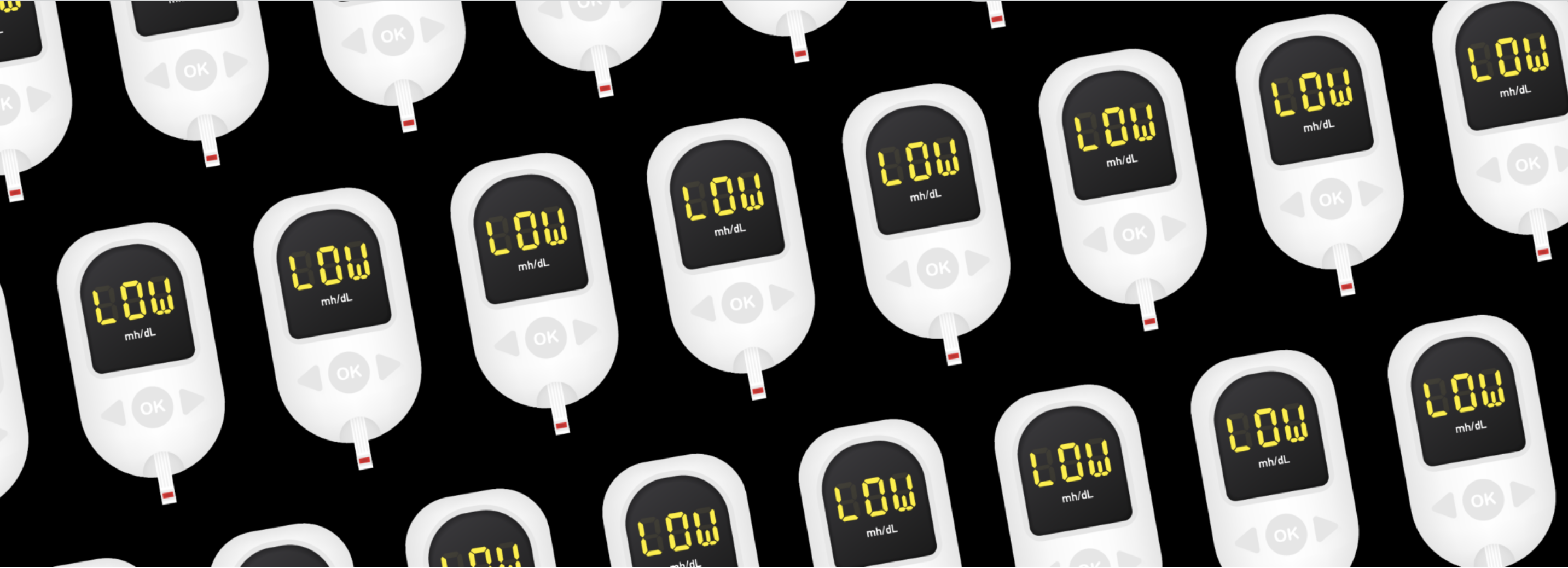How to Get Your COVID-19 Vaccine
Written by: Lala Jackson
4 minute read
January 8, 2021
Editor’s Note: We have a simple goal: tap into the power of the global diabetes community to save lives. Visit coronavirusdiabetes.org to learn more about what you can do as a person with diabetes to keep yourself and others safe from COVID-19 until we’re all safe.
This article was last updated November 3, 2021.
If you are 5 years or older, it’s time to get your COVID-19 vaccine! As a person with type 1 diabetes, you may be wondering if and where you can get yours. Vaccines.gov is a vetted place to find a convenient vaccination appointment. Most drug stores and pharmacies have vaccines available (some are walk-in, some by appointment). You can also look up your state health department. Each state generally has a special COVID-19 page where they list COVID-19 vaccine locations.
If you aren’t having any luck finding a vaccine appointment, reach out to your healthcare provider. Remember to be kind and patient—healthcare providers are carrying an immense amount and they may not have an answer for you immediately.
Should people with type 1 diabetes (T1D) get the vaccine?
It’s important to remember that having type 1 diabetes does not seem to put anyone more at risk for contracting the novel coronavirus, but other factors like older age, high-exposure employment, consistently elevated blood glucose levels, or other non-diabetes related health factors like obesity and hypertension may increase your risk of infection.
We also know that diabetes care itself is made far more complicated after contracting COVID-19 and protecting anyone with diabetes from getting COVID-19 is our ultimate goal. That’s why we encourage everyone with diabetes to get vaccinated as soon as possible.
Once you are able to get your vaccine, keep practicing safety measures to help keep us safe until we’re all safe.
What about kids with T1D?
In August 2021, the FDA granted full approval of the Pfizer/BioNTech vaccine for ages 16 and older. In November 2021, the Pfizer/BioNTech vaccine was approved under an EUA (emergency use authorization) for people ages 5 and older. Trials for children and teens were done in separate waves and under equally strict guidelines.
For ages 5 to 11, overall results showed that the vaccine is very well tolerated, with a 90.7 percent efficacy rate (i.e. 90.7 percent of participants were protected against all forms of COVID-19 after receiving the vaccine).
There were a few cases of mild COVID-19 reported among those who got the vaccine, but—similarly to trials in adults and teens—the vaccine was shown to protect 100 percent of those who received it against severe symptoms, long-haul COVID symptoms, hospitalization, or death. About a fifth of trial participants had other health conditions; it is typical to ensure clinical trials include folks who have comorbidities so it can be shown how well the vaccine works when there are other health factors at play.
More trials are currently underway for children ages 6 months to 4 years so that they may be safely vaccinated against COVID-19 as well.
Important to note is that children do not seem to be likely to contract coronavirus or have severe outcomes from the disease. However, as we’ve seen throughout the pandemic, disparities are abundant. Native Hawaiian, Pacific Islander, American Indian, Alaskan Natives, and Hispanic children have experienced significantly higher rates of infection than their peers. Non-Hispanic Black children with T1D who contract COVID-19 are four times more likely to also experience diabetic ketoacidosis (DKA).
So while generally children are less likely to contract the coronavirus, it is important to remain vigilant and continue practicing measures to protect everyone—like wearing a mask and social distancing—to keep everyone safe until we’re all safe.
Every vaccine taken decreases the risk and prevents the spread of COVID-19. While it is frustrating to watch the logistical mess, the more people who get vaccinated quickly the better, and in the meantime, continue to practice safe measures that protect you and your loved ones from COVID-19, including doing your best to keep tight control of your blood sugar levels, wearing a mask and physical distancing from anyone outside of your household and avoiding indoor gatherings.
For a deeper dive into the science of and trials for the COVID-19 vaccines, visit Diabetes + COVID-19 Vaccines: What You Need to Know.

Author
Lala Jackson
Lala is a communications strategist who has lived with type 1 diabetes since 1997. She worked across med-tech, business incubation, library tech and wellness before landing in the type 1 diabetes (T1D) non-profit space in 2016. A bit of a nomad, she grew up primarily bouncing between Hawaii and Washington state and graduated from the University of Miami. You can usually find her reading, preferably on a beach.
Related Resources

The biggest barbecue day of the year is the 4th of July! Celebrating the 4th...
Read more

Hypoglycemia and severe hypoglycemia are two things against which all people with diabetes should be...
Read more

Whether or not you have type 2 diabetes, you must eat. You must also pay...
Read more

